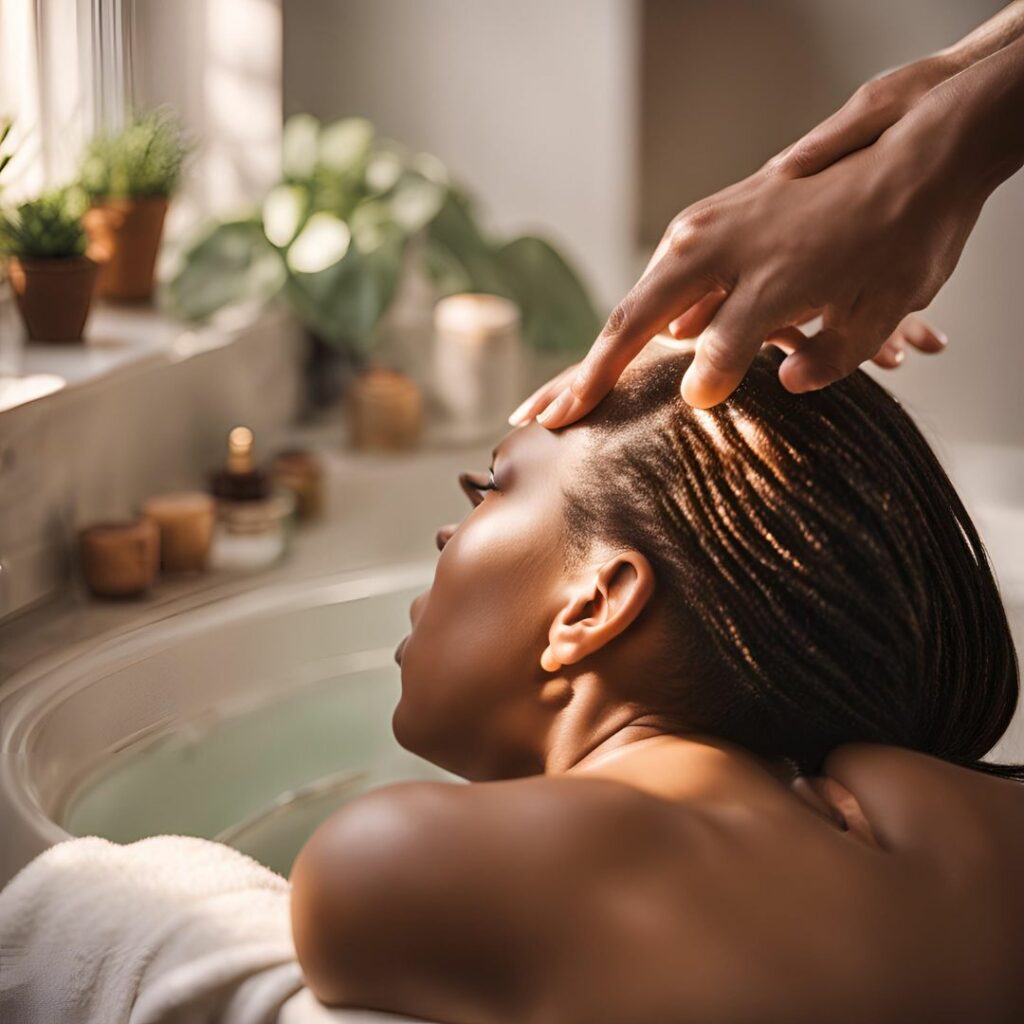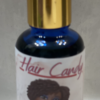Home Remedies For Itchy Scalp
Ever had those moments when your scalp itches like there’s no tomorrow? It’s not just you. A lot of factors could be at play here, and figuring out the root cause is key to finding relief.
Dandruff is one of the heavy hitters in this game. Those pesky white flakes are more than just embarrassing; they can make your scalp feel like it’s on fire. Dandruff results from an overgrowth of a yeast-like fungus called Malassezia, which feeds on the oils on your scalp.
Dry skin is another common culprit. This tends to happen more in colder months when the air lacks moisture. Your scalp, just like your skin, can get parched and start itching as a result.
Allergies can also set your scalp off. Hair dye, shampoo ingredients, or even certain foods might be irritating your scalp without you realizing it. A patch test or an elimination diet could work wonders to pinpoint the irritant.
Sometimes, the culprits are medical conditions. Psoriasis and eczema often make an appearance on the scalp, leading to patches of red, itchy, and sometimes even scaly skin. These conditions usually need a bit more than home remedies to manage effectively.
Fungal infections can also be to blame. Ever heard of ringworm? It’s not actually a worm but a fungal infection that makes things super uncomfortable. This might need an antifungal cream or even oral medication, so doctor’s visit might be in order.
Weather changes and pollution are external enemies. Sudden shifts from humid to dry environments or exposure to lots of pollutants can mess with your scalp’s natural balance and lead to irritation.
Finally, don’t underestimate lifestyle habits. The products you use on your hair, the food you eat, and even your stress levels all play a role. Chemical-laden shampoos, a diet lacking essential nutrients, or high stress can leave your scalp in chaos.
By figuring out what’s causing the itch, you’ll be better equipped to tackle it head-on. Your scalp will thank you!
Effective Home Remedies for Soothing an Itchy Scalp

Natural oils can be your scalp’s best friend. Coconut oil, for example, is famous for its moisturizing properties. Just a little dab massaged into your scalp can keep dryness at bay. Tea tree oil is another superhero in this category. Known for its antifungal and antibacterial qualities, it can help with dandruff and more. Mix a few drops with a carrier oil like olive or jojoba and apply it to your scalp.
Apple cider vinegar works wonders. It balances the scalp’s pH and helps fight off bacteria. Mix equal parts with water and use it as a rinse after shampooing. It might smell strong, but the results are definitely worth it.
Baking soda isn’t just for baking. It’s mildly exfoliating and can help remove dead skin cells from your scalp. Make a paste with water and gently massage it in. Rinse thoroughly to avoid any residue build-up.
Aloe vera is a soothing agent. Its anti-inflammatory properties can calm that itch and irritation. Fresh aloe vera gel is the best, but store-bought versions work too. Leave it on for about 30 minutes before rinsing off.
The way you handle your hair matters. Be gentle with your hair care routine. Aggressive brushing or using heat-styling tools frequently can worsen the itch. Opt for gentle shampoos and conditioners tailored for sensitive scalp.
Proper hydration and good nutrition go a long way. Drinking ample water and eating a balanced diet full of vitamins and minerals help maintain scalp health. Omega-3 fatty acids, found in fish and flaxseeds, are particularly beneficial for a healthy scalp.
Preventative Measures to Avoid an Itchy Scalp
Keeping your scalp clean is crucial. Regular washing and gentle brushing not only remove dirt and excess oils but also stimulate blood flow to your scalp, encouraging healthier skin and hair. Overwashing, however, can strip away natural oils, so finding a balance is key.
Choosing the right hair care products can make a world of difference. Look for shampoos and conditioners free from harsh chemicals like sulfates and parabens. Those labeled for sensitive scalp or made with natural ingredients are usually safer bets.
Your diet can impact your scalp health as well. Increasing your intake of vitamins and minerals can do wonders. Zinc, biotin, and Vitamin E are particularly good for scalp health. Include foods like nuts, seeds, and leafy greens in your meals.
Managing stress levels isn’t just good for your overall health; it’s beneficial for your scalp too. Engaging in relaxation techniques like meditation, yoga, or even a good book can keep stress—and by extension, scalp issues—at bay.
It’s also a good idea to periodically check your scalp for issues. Make a habit of doing a self-exam every few weeks. Look for changes in skin texture, unusual bumps, or excessive dryness. Early detection can help you address problems before they escalate.
When to Seek Professional Help for an Itchy Scalp
Persistent itching, no matter what you try at home, is a red flag. If you’re constantly scratching and the itch doesn’t improve with over-the-counter remedies, it’s time to see a healthcare provider. Recurrent or severe itching can signal an underlying issue that needs professional attention.
Prescription treatments might be necessary for severe cases. Topical steroids, medicated shampoos, or even oral medications might be prescribed by your doctor to tackle the problem. These aren’t typically available over-the-counter, so a visit to a dermatologist is essential.
Sometimes, an itchy scalp could be a symptom of a deeper health issue. Conditions like thyroid disorders, diabetes, and autoimmune diseases can manifest with scalp problems. If your itch is accompanied by other symptoms like hair loss, sores, or unusual changes in your skin, don’t brush it off.
Keeping a record of your symptoms can be very helpful during your medical visit. Note when the itching started, any new products you’ve been using, diet changes, and other symptoms. This information can help your healthcare provider diagnose the issue more accurately.
Your healthcare provider may also run tests to determine the cause of your itchy scalp. Blood tests, skin biopsy, or allergy tests could be part of the investigative process. Getting an accurate diagnosis leads to more effective treatment.








